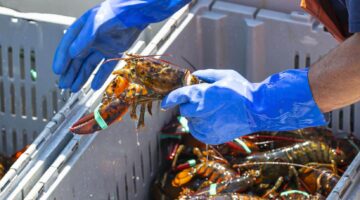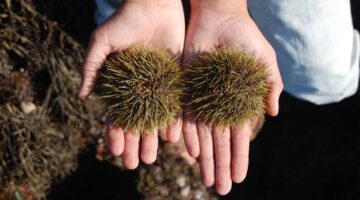The Counter interviews Stoll about direct marketing fish distribution
The Counter interviewed Joshua Stoll, a University of Maine assistant professor of marine policy, about the direct-to-consumer model for selling fish in a story about how the COVID-19 pandemic could change the U.S. fish industry. “If we’re interested in learning from this pandemic and responding to it in the seafood sector, we should really think […]
Read more

